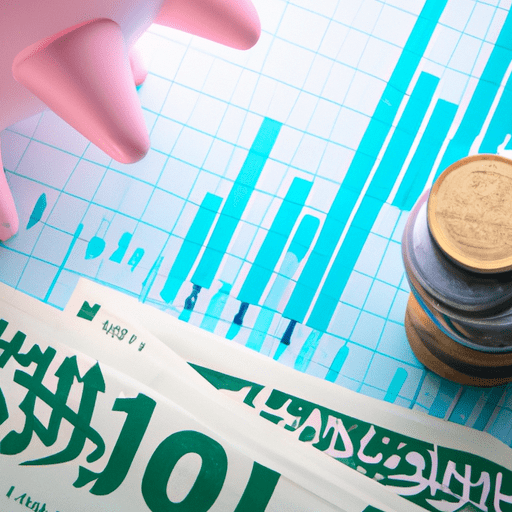Over the past few years, there has been a growing trend in the global financial market towards Halal finance, which is defined as investing in ethical and Sharia-compliant funds. As Islamic finance continues to grow, businesses and individuals are seeking financial products that align with their values, which has driven the rise of Halal finance as a way to invest in a manner that is both financially sound and ethically responsible.
Islamic finance has long been seen as a niche market, but recent growth has turned it into a major player in the global economy. Today, there are an estimated 1.5 billion Muslims around the world, and the global Halal market is valued at over $2 trillion. This demographic represents a large and diverse group of people with a variety of financial goals and concerns, which has resulted in more diverse investment options and products that cater to the specific needs of the Muslim population.
One of the key features of Halal finance is the focus on ethical investing. Sharia law forbids the use of interest-based products, which means that Halal funds must be invested in a manner that is socially responsible and compliant with Islamic principles. This can include investment in companies that are involved in socially responsible practices such as renewable energy, healthcare, education, and humanitarian initiatives.
Another key feature of Halal finance is the requirement for transparency and accountability. In Islamic finance, it is important that investors and fund managers are transparent about where funds are being invested and how returns are being generated. This is to ensure that investments are ethically sound and in line with Islamic principles.
Halal finance also tends to be more risk-averse than conventional finance, with a focus on long-term investment and avoiding excessive speculation. This is because Sharia law prohibits investing in speculative products and requires investment in tangible assets that provide real economic value.
One of the most significant advantages of Halal finance for investors is the potential for diversification. In the current economic climate, many individuals and businesses are looking for ways to protect their assets and diversify their investments. Halal finance provides a way to invest in a range of different asset classes, including equities, sukuk (Islamic bonds), real estate, and commodities. This can help to spread risk and ensure that investments remain robust and stable over the long term.
Another advantage of Halal finance is its potential to deliver high returns. According to a report by the Islamic Financial Services Board, Islamic finance consistently outperformed conventional finance in terms of profitability in the years following the 2008 financial crisis. This has been attributed to the focus on ethical investing, transparency, and risk-averse investment strategies that are integral to Islamic finance.
In addition to individual investors, businesses and organizations are also increasingly turning to Halal finance as a means of achieving their financial goals. Muslim-owned businesses, in particular, are turning to Halal finance to tap into the huge potential of the global Halal market. This can include investment in Halal food, cosmetics, pharmaceuticals, and other products and services that are in demand among Muslim consumers.
Overall, the growing trend of Halal finance represents an exciting opportunity for individuals, businesses, and the global economy as a whole. As more investors choose to invest ethically and in compliance with Sharia law, there will be greater demand for Halal finance products and services. This, in turn, will drive growth and innovation in a variety of sectors, fueling economic development and helping to create a more sustainable and prosperous future for all.


